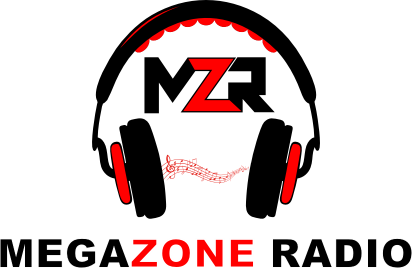Over the last decade, several top car brands, including Datsun, Dodge, Chrysler, Chevrolet, and Daihatsu, have exited South Africa.
The South African economy and automotive industry offer some insights into why these prominent brands decided to withdraw from the country.
South Africa’s automotive industry is one of the nation’s largest economic sectors, contributing 4.3% to its gross domestic product. Despite the departure of some brands, several global automotive manufacturers have expanded their operations in the country in recent years.
BMW announced that it will exclusively manufacture the next-generation BMW X3 at its Rosslyn plant in Pretoria. Ford has invested R15.8 billion in its local manufacturing operations, while Nissan has invested R3 billion to build its new Navara bakkie at its Pretoria plant. Additionally, Toyota has invested R6.1 billion to expand the production of its Hilux and Fortuner models at its Durban plant. Volkswagen has earmarked R4.5 billion for new models and infrastructure at its Uitenhage factory. Beijing Automobile International Corporation also invested R11 billion in a vehicle manufacturing plant in the country.
As expected, four of these brands—Toyota, Volkswagen, Nissan, and Ford—sell the most cars in South Africa.
The National Association of Automobile Manufacturers of South Africa (Naamsa) May 2024 industry new vehicle sales report provided more details, showing that Toyota sold 8,795 cars in South Africa in May, followed by Volkswagen with 4,939, Suzuki with 4,101, and Ford with 2,860. The most popular vehicle in South Africa is the Toyota Hilux, followed by the Ford Ranger and the Toyota Corolla Cross.
It is challenging for international car brands to break into the South African market due to strong loyalty to locally manufactured brands. The country’s poor economic growth and challenging business environment further complicate matters for car brands. As a result, many international motoring brands have struggled to succeed in South Africa.
Brands like Suzuki, Hyundai, Chery, and GWM, which focus on affordable alternatives to established brands, have found success. However, brands targeting middle-class and affluent clients, such as Saab and Cadillac, could not compete with Toyota, BMW, and Ford and left South Africa in 2010, followed by many others over the last decade.
Here is a look at prominent vehicle brands that have left the country since 2014:
Daihatsu (2015): A Japanese brand known for producing reliable and affordable small-format cars for high-density urban environments, Daihatsu left South Africa in 2015 after exiting other right-hand-drive markets in New Zealand and Australia.
Chevrolet (2017): Relaunched in South Africa in 1997, Chevrolet remained in the country for 20 years before its parent company, GM, began phasing out of the local market. GM sold its minority stake in Isuzu and handed over local operations. Chevrolet cited a lack of return on investment and re-prioritized efforts to markets in the USA and China.
Dodge and Chrysler (2017): Parent company Fiat Chrysler announced in 2017 that it would discontinue sales of Chrysler and Dodge in South Africa due to the cessation of production for right-hand-drive markets. Sales continued until stock was depleted, with after-sale support available at Fiat dealerships.
Datsun (2022): Re-entering South Africa in 2014 with its affordable Go hatchback, Datsun announced its withdrawal in 2022 as part of parent company Nissan’s wider transformation strategy, although it was not explicitly confirmed that Datsun would be permanently discontinued in the country.


